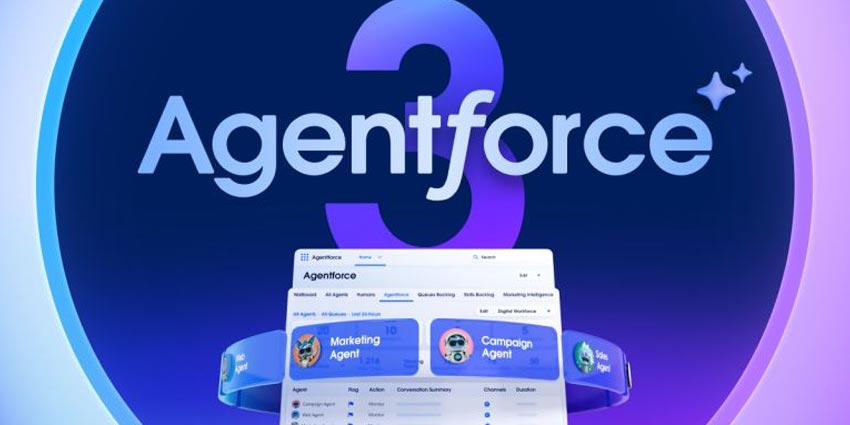Digital customer verification always had the potential to transform customer service, and in 2020, it has emerged as a top CX need. A recent study suggests that UK customers are now increasingly reliant on online accounts and digital service delivery, making it crucial to strengthen identity verification mechanisms. Another survey said that 72% of banks currently use identity verification tools, without which 32% of UK customers would abandon processes out of frustration.
This indicates how crucial identity verification can be to the overall customer journey. By modernising the customer identity verification process, companies can reduce the effort level from customers, achieve better channel integration, and increase their digital presence.
What is Customer Identity Verification?
You can define customer identity verification as the process of cross-checking a customer’s personal identification details with new and existing records to establish proof of identity and prevent fraud, often using digital technologies like video-based verification, biometrics, digital signatures, and the like. Customer identity verification is among the first capabilities to upgrade in the wake of the pandemic, as the interruption in in-person processes opens up plenty of opportunities for hackers and cybercriminals.
Specifically, sectors handling sensitive customer data like banks, healthcare providers, educational institutions, etc., must conduct a verification process before approving any requests or sharing data. Even companies like Amazon that store vast amounts of payment information on their servers should regularly verify customer identity to mitigate fraud risk.
How Does Customer Identity Verification Help CX?
As more and more of our personal and professional activities move online, adequate verification is essential for security. This improves the quality of customer experiences by:
- Fast-tracing processes – Opening a bank account or processing a health insurance claim can take an inordinate amount of time. This is further complicated by customers’ inability to commute/travel freely. Customer identity verification technology allows tasks like these to be completed from the convenience of our homes
- Strengthening trust – Verification requirements can seem like an occasional inconvenience at first, but in the long-term, it fosters greater trust between customers and their service providers. The customer is confident that a company will check with them, verify their identity, and use multi-factor authentication before approving any request
- Improving engagement – The first survey cited here found that many UK customers abandon the process of opening an online account due to security and privacy concerns. In other words, breach of security and privacy is a major cause of disengagement, which can be addressed using customer identity verification
- Automating actions – For actions like issuing a refund or initiating a product return, the customer typically needs to verify their identity. Sophisticated verification technology facilitates this through an automated, no-human-intervention process – e.g., through SMS OTP or voice biometrics
Customer Identity Verification is the Cornerstone of Omni-channel CX
Being truly present across multiple channels means that you should be able to engage, acquire, and retain customers without them having to switch channels. Customer identity verification brings the capability of serving customers to your fullest capacity and providing the entire gamut of services, without any security risks, channel restrictions, or complex verification hoops.







